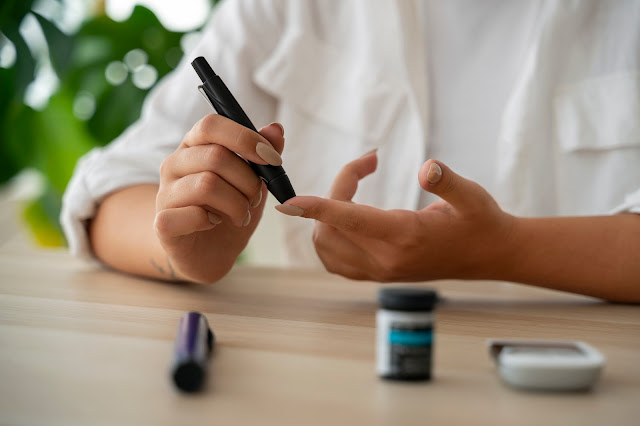Introduction
Diabetes is a chronic condition affecting millions worldwide, characterized by elevated blood sugar levels. While conventional treatments like insulin and oral medications are essential, many use herbal remedies to complement their diabetes management. In this article, we delve into herbal remedies and explore their potential role in helping manage diabetes.
Understanding Diabetes
Types of Diabetes
Provide an overview of the different types of diabetes, including Type 1 and Type 2, to establish the context for herbal remedies' potential benefits.
The Importance of Blood Sugar Control
Explain why maintaining stable blood sugar levels is crucial for overall health and well-being in people with diabetes.
Herbal Remedies for Diabetes
Bitter Melon: Nature's Insulin
Explore the benefits of bitter melon, a popular herbal remedy known for its potential to lower blood sugar levels and improve insulin sensitivity.
Fenugreek: A Spice with Promise
Discuss the use of fenugreek seeds and leaves in diabetes management, highlighting their potential to reduce fasting blood sugar levels and improve glucose tolerance.
Cinnamon: More Than Just a Spice
Examine the role of cinnamon in diabetes care, including its ability to lower blood sugar levels and improve insulin sensitivity Sugar Ka Ilaj.
Aloe Vera: A Natural Blood Sugar Regulator
Delve into the benefits of aloe vera for diabetes, emphasizing its potential to reduce fasting blood sugar and HbA1c levels.
How Herbal Remedies Work
Mechanisms of Action
Explain the scientific mechanisms behind how these herbal remedies affect blood sugar regulation and insulin function.
Dosage and Preparation
Offer practical advice on the proper dosage and preparation of herbal remedies to maximize their potential benefits and minimize risks.
Herbal Remedies and Conventional Diabetes Management
Complementary or Alternative?
Discuss whether herbal remedies should be viewed as complementary to conventional diabetes treatments or as potential alternatives, depending on individual circumstances.
Potential Risks and Interactions
Highlight the importance of consulting with healthcare professionals to ensure that herbal remedies do not interact negatively with prescribed medications or pose any risks.
Lifestyle Factors and Diabetes Management
Dietary Choices
Emphasize the significance of a balanced diet with herbal remedies Sugar Ka Desi Ilaj for optimal blood sugar control.
Physical Activity
Explain the role of regular physical activity in managing diabetes and how it complements the effects of herbal remedies.
Stress Reduction
Discuss the impact of stress on blood sugar levels and how stress management techniques can enhance the effectiveness of herbal remedies.
The Importance of Consultation
Seeking Professional Guidance
Encourage readers to consult with healthcare providers before incorporating Herbal Medicine into their diabetes management plans to ensure safety and effectiveness.
Conclusion
In conclusion, herbal remedies have gained recognition for their potential to help manage diabetes by improving blood sugar control and insulin sensitivity. However, their use should be cautiously approached, and consultation with a healthcare provider is vital to ensure safe and effective integration into a comprehensive diabetes management plan. While herbal remedies may offer benefits, they should not replace prescribed medications and lifestyle modifications but complement them to support overall health and well-being in individuals with diabetes.


Comments
Post a Comment